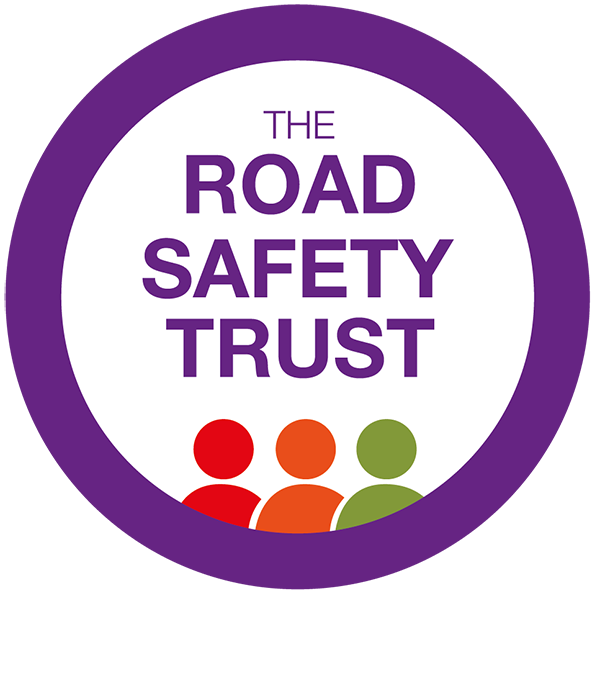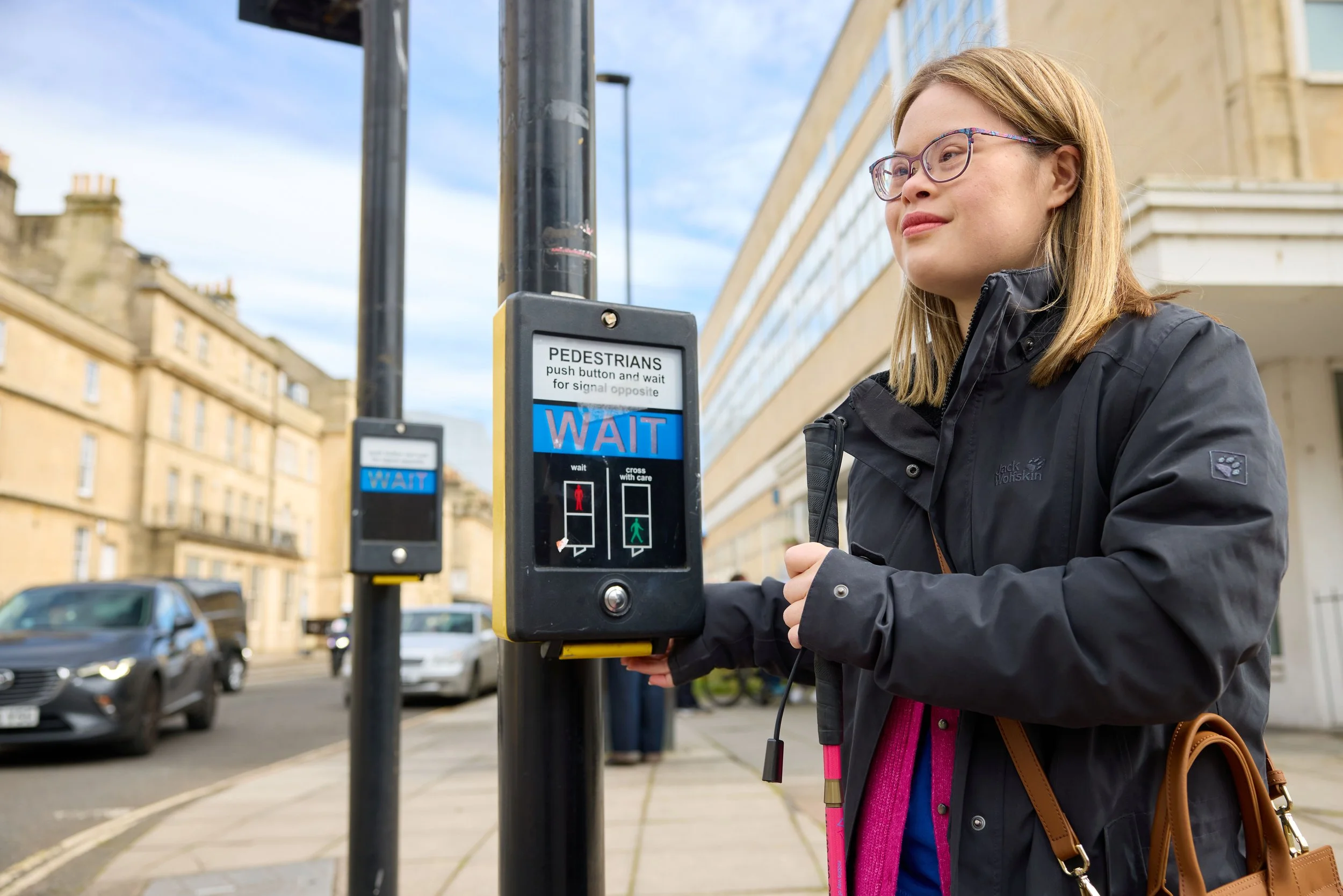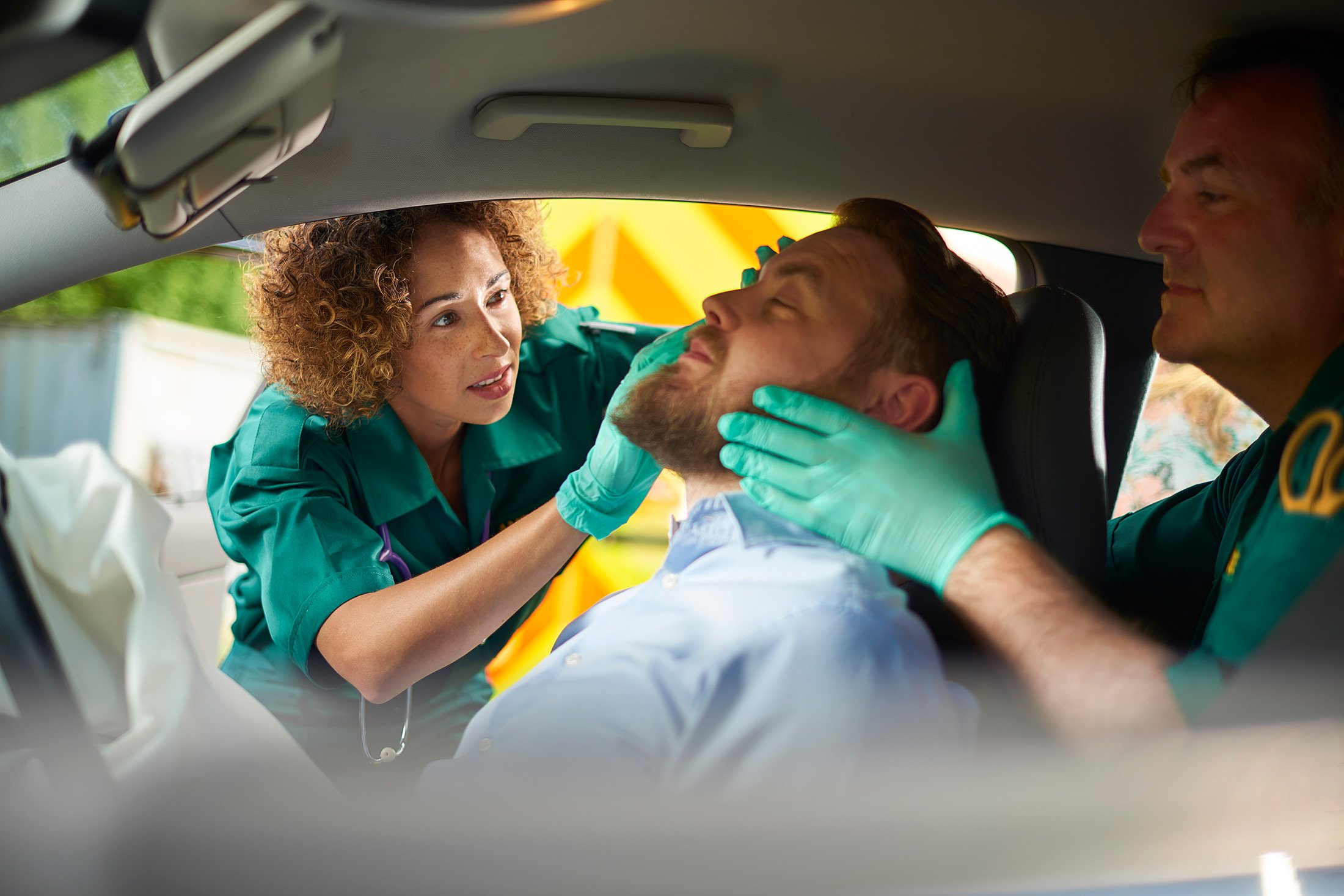Large projects
Here’s a portfolio giving details of the projects who have received funding from us in our large grants programme.
Search by category
Keyword search
Imperial College London
Pedestrian Interactions with Connected and Autonomous Vehicles (PedICAV)
The project will support the rollout of a safe and inclusive Connected and Autonomous Vehicles (CAV) futures by understanding and analysing pedestrian-CAV interactions, with a specific focus on vulnerable pedestrians.
Road Safety Foundation (in collaboration with University College London, Royal College of Art, Oxfordshire County Council and others)
Understanding road safety for neurodivergent children and developing a Safe System response.
This project will investigate road safety challenges experienced by neurodivergent children to create a robust evidence-base on road risks, the particular challenges neurodivergent children face, and the impact on their lives.
University of Leeds (in collaboration with Leeds City Council and West Yorkshire Combined Authority)
e-SAFE (Equity, Social determinants, Anti-social behaviour, Future E-mobility)
The project will evaluate factors influencing road safety and e-mobility users by identifying anti-social behaviours and road safety risks and examine how these risks are distributed amongst different user groups.
University of Leeds (in collaboration with Leeds City Council, National Autism Society and others)
Autistic Children Matter: Addressing Road Crossing Challenges from Multiple Perspectives
The overarching aim of this project is to improve the pedestrian safety of autistic children. It is anticipated that the findings will inform real-world infrastructure design, education/training, and policy in the short and medium term.
Nottingham Trent University (in collaboration with the Farm Safety Foundation, National Federation of Young Farmers Clubs and Esitu)
Tractor Driver Training: Creating a Hazard Perception VR Course for Agricultural Colleges
The aim of this project is to improve the higher-order driving skills of young tractor drivers, to reduce their crash risk and save lives on the road by developing a course using virtual reality hazard perception materials. The project will hopefully result in a course that demonstrably improves hazard perception skills and knowledge in young tractor drivers, which can then be rolled out to agricultural colleges across the UK.
University of Oxford (in collaboration with Swindon SEND Families Voice, Living Streets and the Council for Disabled Children)
Mapping road safety challenges to independent mobility for children with SEND (Safe-SEND)
The ‘Safe-SEND’ project aims to promote children with SEND’s road safety and support them as they transition to independent mobility. Safe-SEND will ultimately facilitate the co-development of tailored interventions to make the transport system safer, more inclusive, and socially just for children with SEND.
Nottingham Trent University (in collaboration with Surewise Insurers)
Motorised Mobility Devices (MMDs): Incidents, Near Misses and Safety
This project aims to improve safety for users of MMDs (motorised mobility devices including mobility scooters and power chairs) by significantly expanding the information we have on MMD safety, analysing incident and ‘near miss’ data and bringing it together with existing work on the hazards MMD users face at road crossings. It will also develop a ‘near miss’ app for MMD users.
RAC Foundation (in collaboration with Agilysis)
Understanding Vehicle Safety Inequalities in Great Britain
This project will explore the links between deprivation and vehicle technologies.
Leeds Beckett University
How can we stop people drug driving?
The project will generate evidence and insights on the effectiveness of a drug driving intervention aimed to change beliefs and behaviours.
University College London
Maximising learning from child road fatalities: evidence for action
This project will conduct a detailed analysis of the data held by the National Child Mortality Database, incorporating quantitative and qualitative approaches to uncover patterns, associations, and narratives related to child road fatalities, with the aim of developing a holistic understanding of the underlying risk factors for road fatalities in 0–17-year-olds in England, and the potential interventions needed for different groups to reduce risk of child and improve safety.
University Hospital Southampton
Data Sustains Life (DSL), linking healthcare and road safety data to evidence preventative strategies towards vision zero.
The DSL project aims to address the lack of joined-up data, at scale, that a) quantifies the harm done by road traffic collision; b) supports prioritisation of collision and injury prevention strategies at national, regional, and local level; c) identifies and mitigates injuries with long-term consequences and high costs for society.
Imperial College London
Rating bicycle helmets used on the UK roads and disseminating results
This project rated bicycle helmets used on the UK roads with respect to their effects on preventing head injury.
Loughborough University Enterprise Limited
Designing an amendment to UNECE regulation 167 to improve Technology Neutrality
This project achieved an amendment to the UNECE Regulation 167 to enhance its technology neutrality.
Imperial College London
Children Cycle Helmet Rating
The aim of this project is to rate popular cycle helmets worn by children on UK roads and disseminate the results for the benefit of consumers and designers.
Devon Air Ambulance Trust
IMPACT - the centre for post-collision research, innovation and translation
This research aims to decrease the morbidity and mortality associated with road trauma by rigorously considering the role of the bystander, including professional bystanders, in the post-collision phase of care.
Coventry University
In-Situ Mobile Application for the Triage of Pedestrians in Vehicle Collision (SENTINEL)
This project will create and test the feasibility of a new mobile triage application for ambulance and emergency department services.
The Bikeability Trust
A Virtual Rider Training Tool to Improve Children's and Parents' Cycling Awareness, Attentiveness, Attitudes and Safety
This project will create a virtual rider training tool, using a variety of cycling scenarios and road user perspectives
Parliamentary Advisory Council for Transport Safety
Standardised Mature Driver Assessments to Improve Road Safety: An evaluation of implementation, delivery, and benefits across five English regions
In this project, PACTS, working with The Older Driver Task Force (ODTF), the Older Drivers Forum and Warwick University, will conduct a trial and evaluation of a standardised mature driver assessment delivered by trained ADIs in five areas of the country.
University of Leeds
Enhancing Novice Drivers' Safety: Innovative Training to Improve Hazard Anticipation Skills
This project aims to reduce the crash risk of young, novice drivers, by developing a training program to improve their ability to anticipate potential hazards on the road.
Loughborough University
Loughborough University, Transport Safety Research Group
Development of an effective screening test to identify individuals in the early stages of dementia who are unfit to drive.
Are you using our research or resources?
If you use any of the research or resources from projects we have funded, we would welcome you letting us know.





















